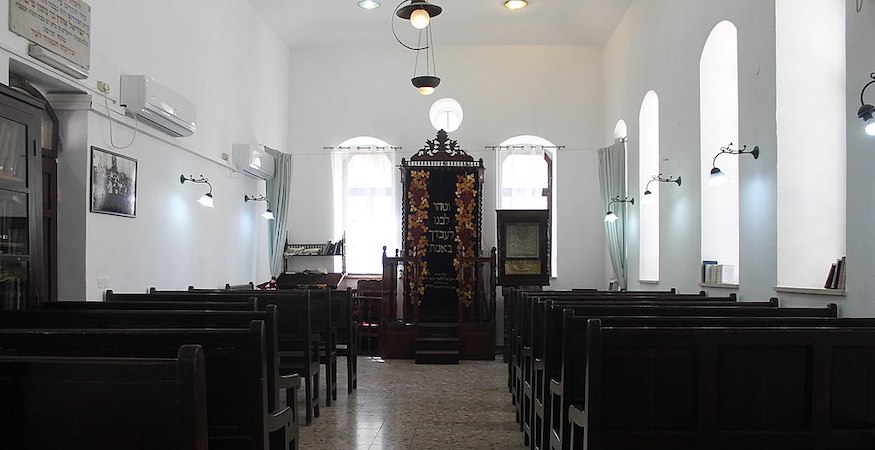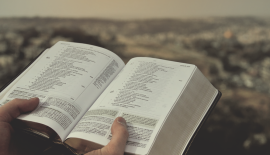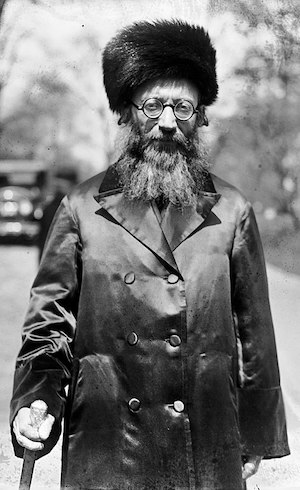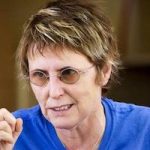The Overcomer
Back in the 19th century when Jewish people in the Tzarist Russian Empire could not live outside the Pale of Settlement, Avraham Isaac Kook was born. His family were learned people and Orthodox Jews. Little Avraham was soon seen as an academic prodigy. Following in his father’s footsteps, when he was 18 Avraham started his studies at the Volozhin Yeshiva, (in today’s Belarus), which was at the time considered to be the greatest Jewish yeshiva in the world.
“Little Avraham was soon seen as an academic prodigy”
He soon gained a reputation for being the brightest student the yeshiva had ever had, so much so, that the principal famously said, “if the Volozhin yeshiva had been founded just to educate Avraham Kook, it would have been worthwhile.”
At 22 years old, Avraham had already completed his studies, was an ordained rabbi and had married. Tragically his wife died a year later but as was customary in Jewish tradition at that time, he remarried soon.
Just before the outbreak of the First World War, he accepted a position as a rabbi in Jaffa in Eretz Yisrael which was being ruled by the British. By World War II he had been promoted to the position of the Ashkenazi Chief Rabbi.
A deeply devout man who led a scrupulous religious life, Rabbi Kook, or Rav Kook, as he is famously known in the Jewish world, was also the surprising defender of the secular and proudly pioneer atheists. On his travels throughout the land he encountered many young Russians. These young ideologues did not come to Eretz Yisrael for religious reasons. They believed religion and Judaism were to blame for the poverty and persecution their families had experienced back in Russia. The pioneers were aggressively and proudly secular who had left the Empire to work the land in Eretz Yisrael and make it ripe and ready for Jews to come from all over the world.
“He reasoned that trying to understand one another was always better than strife”
Rather than shunning the secular pioneers, Rav Kook defended them to many of the rabbis who were worried about them spreading secular and atheist ideas. Rav Kook explained that by them draining the likes of the mosquito infested Jezreel Valley and preparing a Jewish homeland, it was part of a divine plan which would ultimately bring in the Messiah. He reasoned that trying to understand one another was always better than strife. But for many ultra orthodox rabbis, his ideas were a scandal. Some even excommunicated him, which is the worse punishment the Jewish community can impose on a member of the tribe.
Rav Kook was firm about his approach. He did all he could to bridge gaps between between the secular Jewish young Zionists, the Religious Zionists such as himself, and the non-Zionist Orthodox Jews. He insisted that he was not part of any particular party or group, he was simply a follower of God. He believed that every Jew had a part to play in the divine plan so God would bring in the redemption.
Today, Rabbi Kook is arguably the most popular rabbi who ever lived in Eretz Yisrael. In Jerusalem there is a prestigious yeshiva named after him, and in Hebron there are posters of him all over the city. Unsurprisingly, his writings continue to be read and studied by secular and religious Jews alike.






